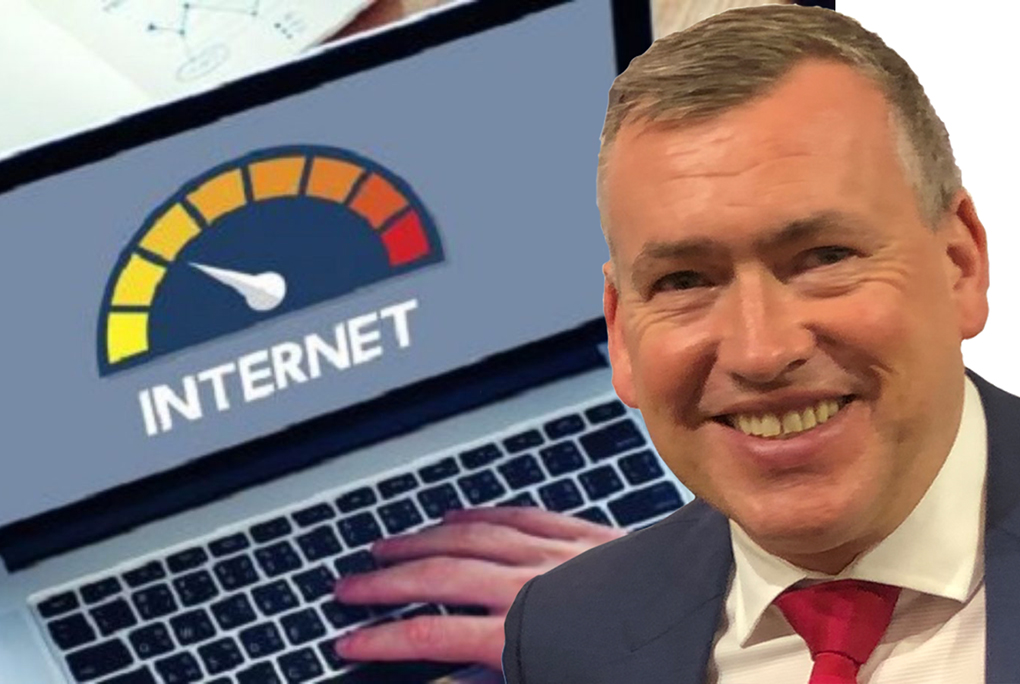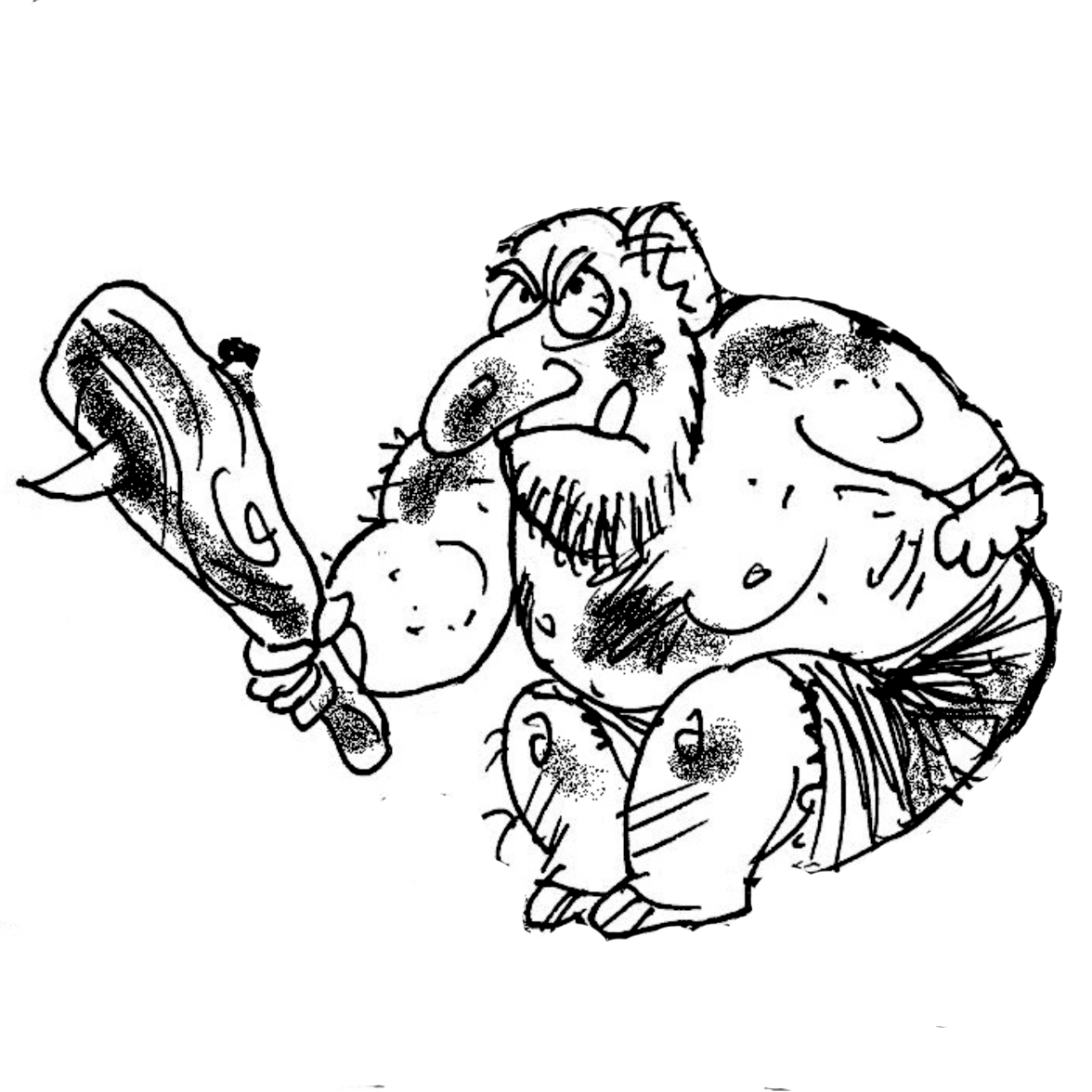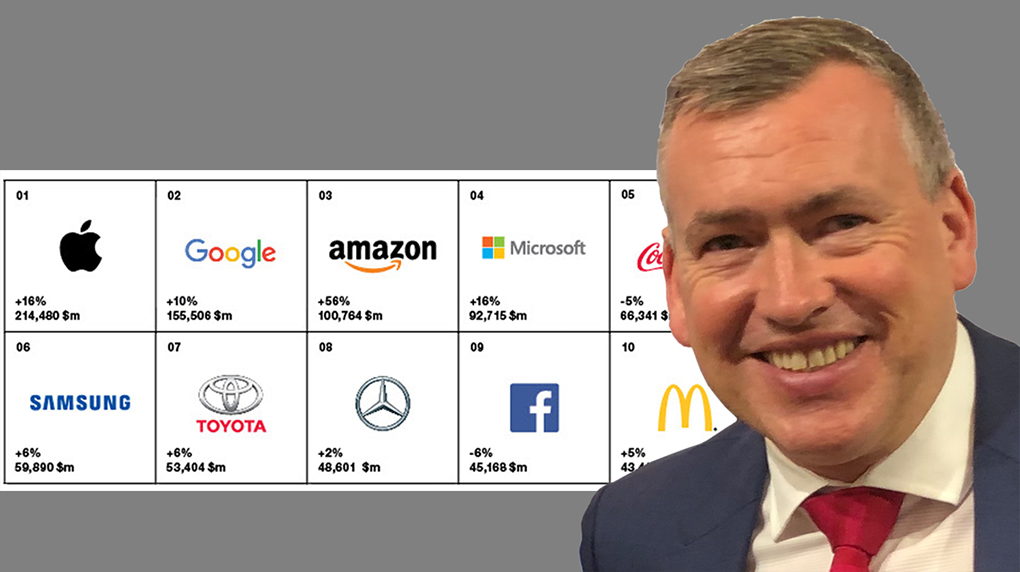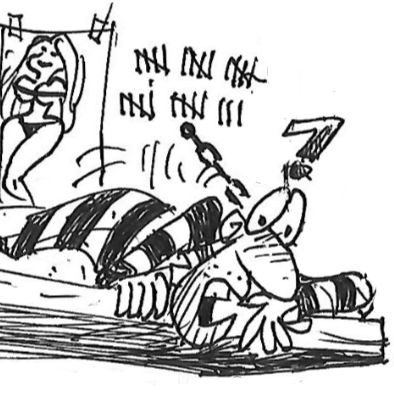Blame the Internet of Course
Blame the Internet of Course
Mark Dawson discusses how the internet has entered our lives and changed them forever.
 The Internet has entered our lives and has changed them forever. At first glance, it appears that it is all for the better. Useful and necessary information can be found within seconds: bus and train schedules, restaurants, local, national and international news, and updates on what your friends and relatives are up to. You can also quickly connect with your commercial partners to discuss and coordinate plans, make sales and promote new products and services.
The Internet has entered our lives and has changed them forever. At first glance, it appears that it is all for the better. Useful and necessary information can be found within seconds: bus and train schedules, restaurants, local, national and international news, and updates on what your friends and relatives are up to. You can also quickly connect with your commercial partners to discuss and coordinate plans, make sales and promote new products and services.
The Internet has undoubtedly changed our behavior, the sources and amount of received information, and biased our decision-making and the manner of implementation. And the increase in the decision-making process can be done quickly and efficiently thanks to the ever-growing volume of useful information.
And disinformation….
This is our modern reality
Many decisions, which may be correct today, may be outdated tomorrow. The vast amount of information and knowledge considered to be ultimate truth ceases to be such extremely quickly. So quickly, that sometimes we fail to recognize it.
Recently it was quite evident—as based upon the argument that laser printing devices were aimed at office printing while inkjets targeted home environment—that the cost per page for laser devices was a much lower than that of inkjets. Inkjet printers were unjustifiably expensive for use at the modern office. Are those “truths” so undoubtedly true today? And what of the speculation that OEM cartridges are fit for remanufacturing but compatibles are not? The vast amount of information that may be true and useful today can become useless and sometimes harmful to decision-making tomorrow.
There are more instances where outdated information is becoming available, thanks to the Internet. It has become the source of knowledge for the majority of specialists. Outdated knowledge accumulates and continues to be trapped in the web. It keeps on growing and is analyzed and searched for by Internet search engines. The best search engines offer their users the information as present-day “truth” yet has already transformed itself from truth into a lie.
There is another unpleasant feature that the Internet possesses. Information placed on websites by their respective owners is rarely challenged. “Our company is the leader…”, “Our products have the highest quality…”, “Our brand is well-known internationally…” and the like. Such statements can be found on websites of both well-known, respected companies and unknown companies whose only virtue is their colossal activity on the Internet. The activity of highly professional marketers in social networks (SMM- Social Media Marketing) and within the field of web-site optimization for social media integration (SMO – Social Media Optimization) can push information to the top which is not the most up-to-date and not completely true. The SMM and SMO specialists promote to the highest rankings the information for which they are paid to promote within social media. They do not care about the quality or accuracy of this information. This becomes another source of false information.
And that is not all
Unfortunately, the Internet is a channel of totally fake information. The publishing of fake information often discredits a competitor company, the competitor’s products and non-existent defects. Many methods of unfair competition have become common in the modern informational market.
By providing information and knowledge, the Internet has become a very influential part of the modern market, because more and more buyers choose and purchase products this way. The power and influence of the Internet grows each year. The old generation specialists—whose first career steps were taken in times before the Internet through the study of professional literature—is being replaced by the new generation of specialists who were influenced by the Internet even when at school. Computer games, social media discussions, news feeds and popular websites are the main source of the new generation’s knowledge. They are the ones who have become the majority of buyers on the modern market and set to become the overwhelming majority of customers.
Customers have always been an important part of any market. As such, they have the power to bring profit to some sellers and not to others. So, much research is conducted on customers and the creation of tools to influence them—from OEM to distributor to reseller to end-user. When you consider the dynamics of the development and its intellectual functioning of the Internet within the context of the modern market, the Internet can either become a “killer” for suppliers of quality products or a “driver” of high-quality product sales. Today the market development is at the point of bifurcation. The direction the market will go is largely based on the actions of quality product manufacturers and the large distributors of such products. All that is required from them today is to focus the attention of potential buyers to the issue of quality (and not only the product’s quality but also the quality of knowledge and the quality of information regarding the market).
The modern informational market has now reached status-quo
The sellers (resellers) are trying to offer the buyer a wide range of products of varying quality and at different prices. They are not emphasizing the quality of the products, nor on the quality of information, since they simply do not need to. Instead of explaining to buyers the value and economic benefits of quality products (as well as quality knowledge and information), the sellers simply adapt to the situation dynamics of the market. Such a situation puts the market chances of all companies “on the same desk” irrespective of whether they are a well known established or an unknown new one. The customer’s lack of quality knowledge and quality information regarding the modern market, its products and sellers makes this person a “hostage” to the knowledge which is only available on the Internet. They may not have access to the real truth in order to make a better decision.
The market players cannot influence the development of the Internet, nor can they influence the presence of various quality products on the modern market, and the presence of competitor companies. However, they can significantly intensify the work on providing customers in the market with quality information and knowledge. For this, they have all the possibilities: exhibitions, magazines, training courses, etc. It is necessary to form the pool of informational media and events, not forgetting the quality introduction of information (on the Internet as well) and its quality distribution (again on the Internet as well).
A dissatisfied buyer, who has bought products two or three times from “XYZ” brand, will be absolutely sure that “XYZ” is a low-quality brand. But what of the aftermarket? It is, of itself, a brand—the other choice a customer has when they are not buying an OEM. Think of the harm done by the production and distribution of low-quality products. Even a single manufacturer or distributor can cast a shadow over the whole industry. The buyer who has bought cheap, low-quality consumables two or three times will be absolutely sure that all aftermarket products are low quality as well.
It follows that the leaders of the aftermarket—the manufacturing companies (which treasure the interests of the industry and their own brand) and their distributors—must show leadership and take action.
Of course one might do nothing; leaving everything as it is. What happens next? Internet technologies will continue their development. The volume of information and knowledge within the Internet will continue to grow. The share of proofed and quality information will continue to shrink. Internet manipulation will gain traction resulting in the opinion regarding the aftermarket industry becoming worse. The only “perceivable” advantage will be the prices of compatible products. They will decrease, as will the margins…Time shall tell!
 Mark Dawson is RT Imaging World’s Regional Partner for Europe and the Middle East.
Mark Dawson is RT Imaging World’s Regional Partner for Europe and the Middle East.
He joined the imaging supplies industry in 1987 and has held senior positions with both American and European corporations, including MSE and Clover. He is currently a director with IOP (Internet of Printing BV) whose mission is to help independent resellers find new revenue streams and optimize margins.
Dawson is partnering with RT to bring VIP Expo one day intensive events to Europe and the Middle East. For more information please contact him at <mark@ iopbv.com>
You can read more of Dawson’s opinions:
- Blame the Internet of Course
- Transformational Leaders Needed for this Industry
- Why You Should Hire More Women
- Managing Channels to Get Better Distribution













Leave a Comment
Want to join the discussion?Feel free to contribute!